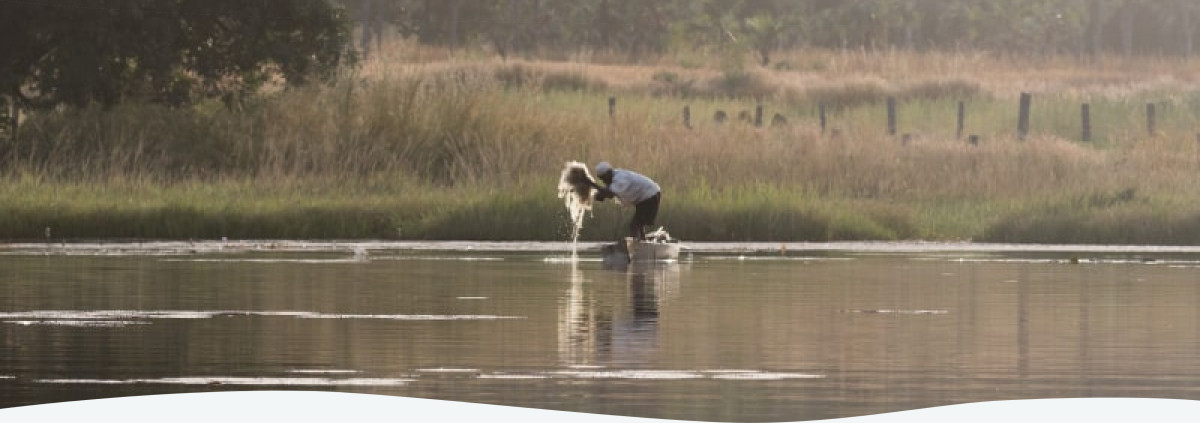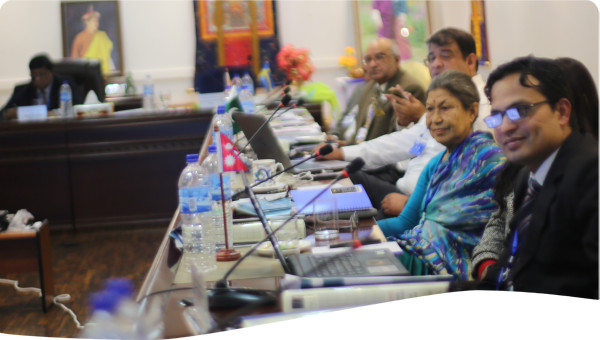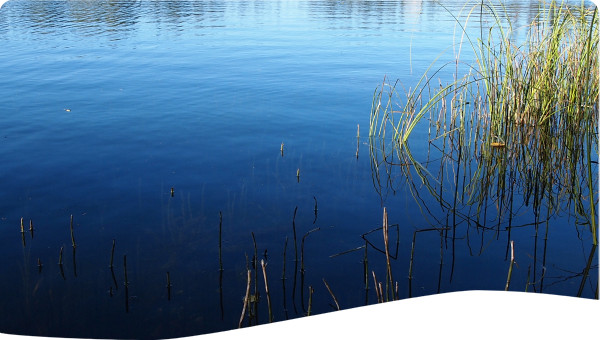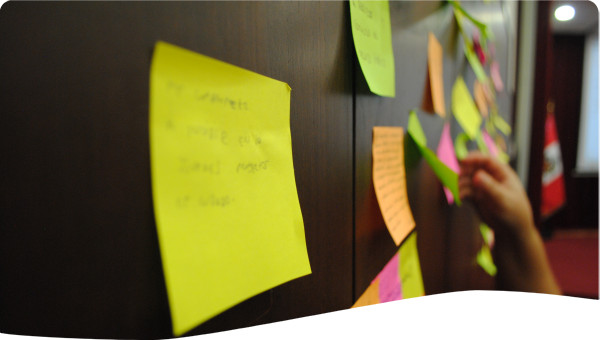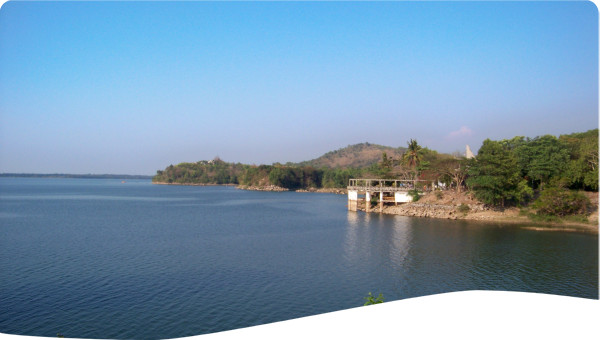Confronted with serious water issues constraining development, Burkina Faso decided to implement IWRM. The process has been conducted following three key steps: 1) assessing the status, 2) adapting the legal framework to IWRM principles and 3) Identifying key water resources management issues and developing an action plan. The main lesson learnt is that political will at the highest levels should be established at an early stage.
The frequency of droughts in Burkina Faso and its location in the Sahel contribute to the nation's water supply problems. The country has 17.5 cu km of renewable water resources, but only 66% percent of the urban population and 37% of rural dwellers have access to safe water. According to the World Health Organization, about 80% of all diseases in Burkina Faso are caused by unsafe water. Exacerbating this problem is increasing industrialisation, increasing population, and increasing levels of rural-urban migrations. In relation to these factors, notable pollution problems occur as a result from the uncontrolled disposal of sewage and industrial wastes. There are a number of key constraints limiting the ability of Burkina Faso to respond to these challenges including organisational, capacity, legal, economic and technical issues, such as:
- Almost all the government’s ministerial departments were responsible for water under one or another of its form or uses. The lack of coordination between these various departments and their inappropriate functional structuring resulted in competence conflicts, as well as poor use of resources and limited effectiveness.
- In terms of legislation, not only have various revisions and amendments resulted in a maze of laws and statutes with limited harmony, the formal legal and administrative system took little account of common laws that play an important role in many people’s daily lives. From a fiscal point of view, there was limited application of the economic value of water in a sector that was more than 80% financed by external loans and donations.
- There were also serious technical shortcomings in the collection, processing, diffusion and application of data relating to be used for effective management.
Burkina Faso decided to prepare an action plan setting out the future framework for integrated water resources management (IWRM) and identifying the specific actions and means for their implementation.
The underlying broad strategies of the planning process was to: implement an integrated approach rather than a sectoral approach; support for the Government to move to a more facilitation role regarding water production and services and management of irrigation schemes; propose an institutional and human resource plan for the public administration of water resources; develop an efficient and stable management framework at appropriate ministerial levels and propose a staged restructuring process. The process has been conducted as a structured process with several key steps:
- Assessing the status,
- Adaptation of the legal framework to IWRM principles,
- Identification of key water resources management issues and development of an action plan.
Further characteristics of the process were:
- The involvement of a highly multidisciplinary team; information of stakeholders throughout the process; ensuring consultative, multi-stakeholder process;
- The inclusion of the Action Plan framework in the law and its elaboration and implementation in decrees;
- Actions that clearly address the key water resources management issues.
A permanent secretariat has been created to implement the decisions of the management committee of the Action Plan. It has the mission to define operational strategies for implementation, elaborate annual activity programmes and to mobilise and manage financial resources necessary to implement the IWRM.
Since 1996, in recognition of the above problems and constraints, the Government of Burkina Faso has received technical and financial assistance from the Danish Ministry of Foreign Affairs (Danida). One of the most significant results of this collaboration has been the formulation of the Action Plan for Integrated Water Resources Management in Burkina Faso (PAGIRE) of March 2003. PAGIRE is scheduled to run from 2003-2015.
The Action Plan has as its overall objective to contribute to the implementation of IWRM adapted to the national context and the national policies, at the same time reflecting the principles of sustainable and ecologically viable rational water resources management. The two sub-objectives are:
- To define and plan the implementation of the future framework for IWRM;
- To identify specific actions and propose the necessary means for their implementation.
In order to operationalise the objectives and strategy, and to achieve the goals, eight fields of action were defined in the Action Plan:
- Enabling environment
- Water information system
- Procedures
- Research & development
- Human resources
- Information, education & sensitisation
- Institutional framework
- Emergency measures
Political will at highest levels should be established at an early stage and the whole process should be firmly anchored in the responsible ministry and ministry staff should be involved in all activities.
Institutional reform possibilities should be considered during the process.
The planning process should be supported by a communication strategy for involvement of stakeholders, technical and financial partners.
Stakeholder groups should be formed to discuss the plan and allowed enough time for comments and endorsement. Decision makers at many levels should participate in the consultative processes.
IWRM principles need to be adapted to the national context and prioritisation of issues based on rational methodologies. To ensure the value of the approaches, pilot tests are needed in a basin where economic, social and environmental stakes are high.
 Case studies
Case studies